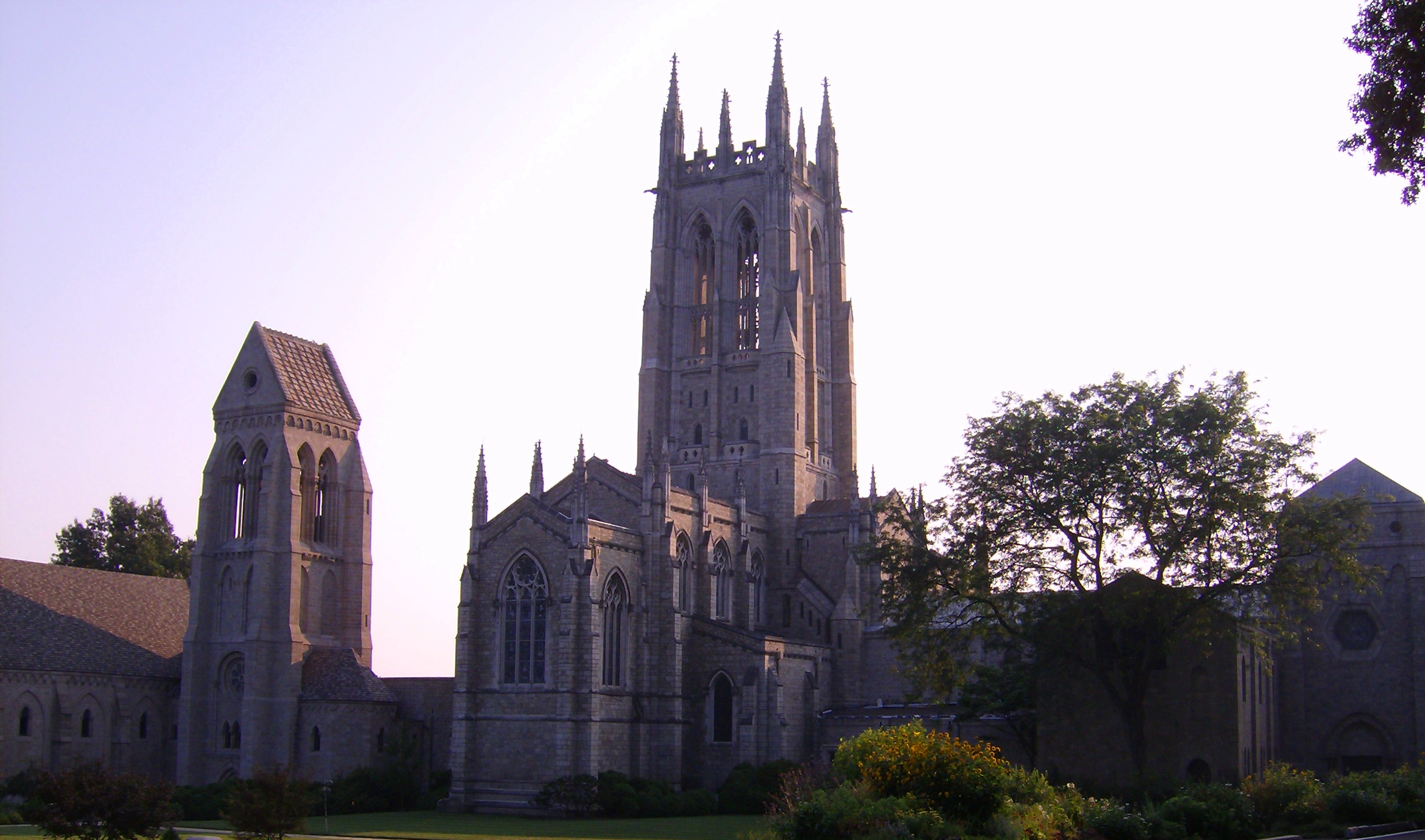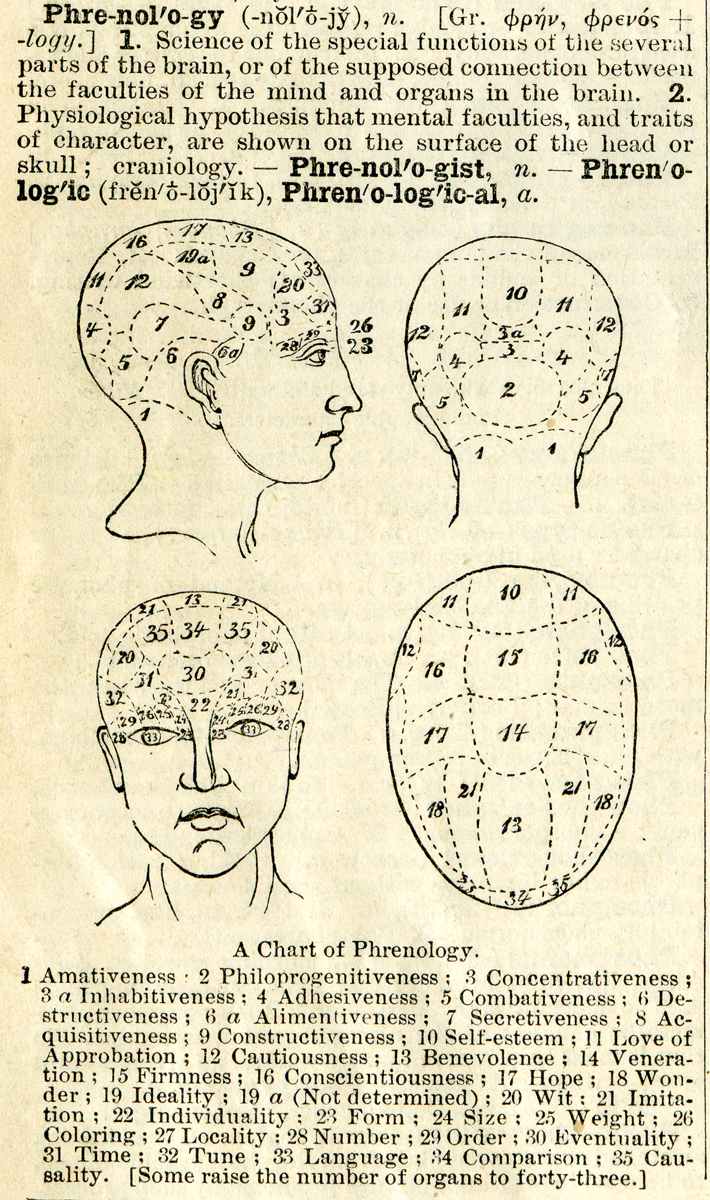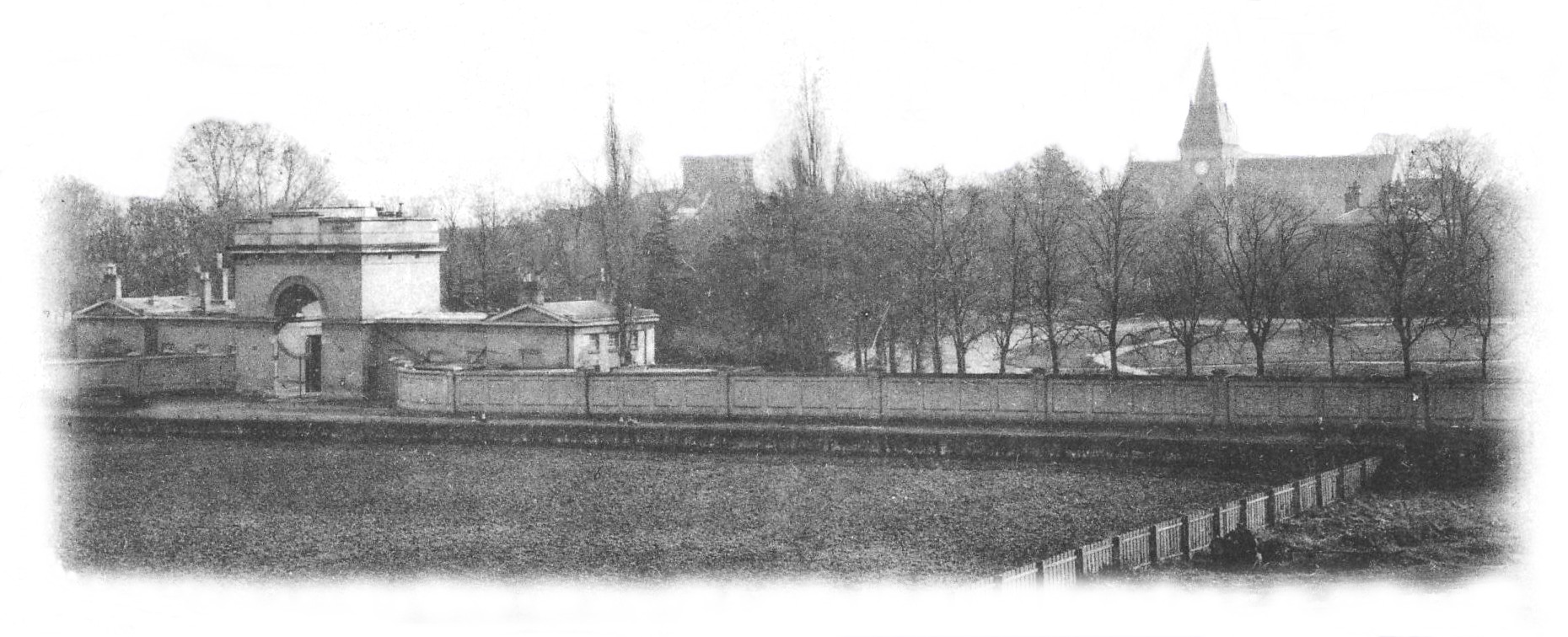|
Charles Augustus Tulk
Charles Augustus Tulk (1786–1849) was an English Swedenborgian and politician. Life The eldest son of John Augustus Tulk, he was born at Richmond, Surrey, on 2 June 1786. His father, a man of independent fortune, was an original member of the Theosophical Society formed (December 1783) by Robert Hindmarsh for the study of Emanuel Swedenborg's writings. Tulk was educated at Westminster School, of which he became captain, and was noted for his singing in the abbey choir. He was elected a king's scholar in 1801, and matriculated as a scholar at Trinity College, Cambridge, in 1806. Reaching age 21 in 1807, Tulk had settled on him part of his father's estate in the area of Leicester Square in London. He sold the garden in the Square in 1808; forty years later this action led to the leading case ''Tulk v Moxhay'' on restrictive covenants.'Leicester Square Area: Leicester Estate', ''Survey of London: volumes 33 and 34: St Anne Soho'' (1966), pp. 416–440. URL: http://www.british-histo ... [...More Info...] [...Related Items...] OR: [Wikipedia] [Google] [Baidu] |
Swedenborgian
The New Church (or Swedenborgianism) is any of several historically related Christian denominations that developed as a new religious group, influenced by the writings of scientist and mystic Emanuel Swedenborg (1688–1772). Swedenborgian organisations acknowledge what they believe to be the universal nature of God's church: all who do good in accordance with the truth of their religion will be accepted into heaven (since God is goodness itself), and doing good joins one with God.TCR, n. 536. Swedenborg published some of his theological works anonymously; his writings promoted one universal church based on love and charity, rather than multiple churches named after their founders and based on belief or doctrine.Swedenborg, Emanuel. ''Heavenly Arcana'' (or ''Arcana Coelestia''), 1749–58 (AC). 20 vols. Rotch Edition. New York: Houghton, Mifflin and Company, 1907, in ''The Divine Revelation of the New Jerusalem'' (2012), n. 1799(4). History Although Swedenborg spoke in his ... [...More Info...] [...Related Items...] OR: [Wikipedia] [Google] [Baidu] |
Hawkstone Park
Hawkstone Park is was a destination on the English Grand Tour and is a historic landscape park with pleasure grounds and gardens historically associated with Soulton Hall and Hawkstone Hall. It is located north east of the small village of Weston-under-Redcastle, near to Wem, in Shropshire, England. It is known for its follies. Park Today the park consists of of follies and landscaped parkland grounds and rocky outcrops, based around the ruins of the medieval Red Castle. A climax in the development of the landscape is considered to be associated with the work of Richard Hill (1655–1727), also known as 'The Great Hill', circa 1707. The follies, estate and reputation were further enhanced by his nephew and heir Sir Rowland Hill, 1st Baronet Hill of Hawkstone (1705–1783) and then Sir Richard Hill, 2nd Baronet (1733–1808) during the 18th century. The park endured a century of neglect and decay until an ongoing programme of restoration was started in 1990, enabl ... [...More Info...] [...Related Items...] OR: [Wikipedia] [Google] [Baidu] |
Phrenology
Phrenology () is a pseudoscience which involves the measurement of bumps on the skull to predict mental traits.Wihe, J. V. (2002). "Science and Pseudoscience: A Primer in Critical Thinking." In ''Encyclopedia of Pseudoscience'', pp. 195–203. California: Skeptics Society.Hines, T. (2002). ''Pseudoscience and the Paranormal''. New York: Prometheus Books. p. 200 It is based on the concept that the brain is the organ of the mind, and that certain brain areas have localized, specific functions or modules. It was said that the brain was composed of different muscles, so those that were used more often were bigger, resulting in the different skull shapes. This led to the reasoning behind why everyone had bumps on the skull in different locations. The brain "muscles" not being used as frequently remained small and were therefore not present on the exterior of the skull. Although both of those ideas have a basis in reality, phrenology generalized beyond empirical knowledge in a way that ... [...More Info...] [...Related Items...] OR: [Wikipedia] [Google] [Baidu] |
Johann Caspar Spurzheim
Johann Gaspar Spurzheim (31 December 1776 – 10 November 1832) was a German physician who became one of the chief proponents of phrenology, which was developed c. 1800 by Franz Joseph Gall (1758–1828). Biography Spurzheim was born near Trier, Germany, on 31 December 1776 and studied medicine at the University of Vienna. He became acquainted with Gall in 1800 and was soon hired by him as an assistant. Gall intended to have Spurzheim as his successor and added his name as a co-author to books and publications. In 1812, however, Gall and Spurzheim had a falling out, and Spurzheim started a separate career, lecturing and writing extensively on what he termed 'The Physiognomical System of Drs Gall and Spurzheim'. He greatly popularised phrenology, and travelled extensively throughout Europe, achieving considerable success in England and France. In 1816 he travelled to Edinburgh to refute an article by Dr John Gordon who had famously debunked Spurzheim, Gall and phrenology in ge ... [...More Info...] [...Related Items...] OR: [Wikipedia] [Google] [Baidu] |
Fellow Of The Royal Society
Fellowship of the Royal Society (FRS, ForMemRS and HonFRS) is an award granted by the judges of the Royal Society of London to individuals who have made a "substantial contribution to the improvement of natural science, natural knowledge, including mathematics, engineering science, and medical science". Fellow, Fellowship of the Society, the oldest known scientific academy in continuous existence, is a significant honour. It has been awarded to many eminent scientists throughout history, including Isaac Newton (1672), Michael Faraday (1824), Charles Darwin (1839), Ernest Rutherford (1903), Srinivasa Ramanujan (1918), Albert Einstein (1921), Paul Dirac (1930), Winston Churchill (1941), Subrahmanyan Chandrasekhar (1944), Dorothy Hodgkin (1947), Alan Turing (1951), Lise Meitner (1955) and Francis Crick (1959). More recently, fellowship has been awarded to Stephen Hawking (1974), David Attenborough (1983), Tim Hunt (1991), Elizabeth Blackburn (1992), Tim Berners-Lee (2001), Venki R ... [...More Info...] [...Related Items...] OR: [Wikipedia] [Google] [Baidu] |
Materialism
Materialism is a form of philosophical monism which holds matter to be the fundamental substance in nature, and all things, including mental states and consciousness, are results of material interactions. According to philosophical materialism, mind and consciousness are by-products or epiphenomena of material processes (such as the biochemistry of the human brain and nervous system), without which they cannot exist. This concept directly contrasts with idealism, where mind and consciousness are first-order realities to which matter is dependent while material interactions are secondary. Materialism is closely related to physicalism—the view that all that exists is ultimately physical. Philosophical physicalism has evolved from materialism with the theories of the physical sciences to incorporate more sophisticated notions of physicality than mere ordinary matter (e.g. spacetime, physical energies and forces, and dark matter). Thus, the term ''physicalism'' is preferred ... [...More Info...] [...Related Items...] OR: [Wikipedia] [Google] [Baidu] |
Physiology
Physiology (; ) is the scientific study of functions and mechanisms in a living system. As a sub-discipline of biology, physiology focuses on how organisms, organ systems, individual organs, cells, and biomolecules carry out the chemical and physical functions in a living system. According to the classes of organisms, the field can be divided into medical physiology, animal physiology, plant physiology, cell physiology, and comparative physiology. Central to physiological functioning are biophysical and biochemical processes, homeostatic control mechanisms, and communication between cells. ''Physiological state'' is the condition of normal function. In contrast, ''pathological state'' refers to abnormal conditions, including human diseases. The Nobel Prize in Physiology or Medicine is awarded by the Royal Swedish Academy of Sciences for exceptional scientific achievements in physiology related to the field of medicine. Foundations Cells Although there are differ ... [...More Info...] [...Related Items...] OR: [Wikipedia] [Google] [Baidu] |
Chemistry
Chemistry is the science, scientific study of the properties and behavior of matter. It is a natural science that covers the Chemical element, elements that make up matter to the chemical compound, compounds made of atoms, molecules and ions: their composition, structure, properties, behavior and the changes they undergo during a Chemical reaction, reaction with other Chemical substance, substances. Chemistry also addresses the nature of chemical bonds in chemical compounds. In the scope of its subject, chemistry occupies an intermediate position between physics and biology. It is sometimes called the central science because it provides a foundation for understanding both Basic research, basic and Applied science, applied scientific disciplines at a fundamental level. For example, chemistry explains aspects of plant growth (botany), the formation of igneous rocks (geology), how atmospheric ozone is formed and how environmental pollutants are degraded (ecology), the properties ... [...More Info...] [...Related Items...] OR: [Wikipedia] [Google] [Baidu] |
Mysticism
Mysticism is popularly known as becoming one with God or the Absolute, but may refer to any kind of ecstasy or altered state of consciousness which is given a religious or spiritual meaning. It may also refer to the attainment of insight in ultimate or hidden truths, and to human transformation supported by various practices and experiences. The term "mysticism" has Ancient Greek origins with various historically determined meanings. Derived from the Greek word μύω ''múō'', meaning "to close" or "to conceal", mysticism referred to the biblical, liturgical, spiritual, and contemplative dimensions of early and medieval Christianity. During the early modern period, the definition of mysticism grew to include a broad range of beliefs and ideologies related to "extraordinary experiences and states of mind." In modern times, "mysticism" has acquired a limited definition, with broad applications, as meaning the aim at the "union with the Absolute, the Infinite, or God". This li ... [...More Info...] [...Related Items...] OR: [Wikipedia] [Google] [Baidu] |
St Bernard's Hospital, Hanwell
St Bernard's Hospital, also known as Hanwell Insane Asylum and the Hanwell Pauper and Lunatic Asylum, was an asylum built for the pauper insane, opening as the First Middlesex County Asylum in 1831. Some of the original buildings are now part of the headquarters for the West London Mental Health NHS Trust (WLMHT). Its first superintendent, Dr William Charles Ellis, was known in his lifetime for his pioneering work and his adherence to his "great principle of therapeutic employment". Sceptical contemporaries were amazed that such therapy speeded recovery at Hanwell. This greatly pleased the visiting Justices of the Peace as it reduced the long term cost of keeping each patient. Under the third superintendent John Conolly the institution became famous as the first large asylum to dispense with all mechanical restraints. The asylum is next to the village of Hanwell but parochially was in Southall (officially in the 1830s the northern precinct (chapelry) of Norwood). It is about 8 ... [...More Info...] [...Related Items...] OR: [Wikipedia] [Google] [Baidu] |
Middlesex
Middlesex (; abbreviation: Middx) is a Historic counties of England, historic county in South East England, southeast England. Its area is almost entirely within the wider urbanised area of London and mostly within the Ceremonial counties of England, ceremonial county of Greater London, with small sections in neighbouring ceremonial counties. Three rivers provide most of the county's boundaries; the River Thames, Thames in the south, the River Lea, Lea to the east and the River Colne, Hertfordshire, Colne to the west. A line of hills forms the northern boundary with Hertfordshire. Middlesex county's name derives from its origin as the Middle Saxons, Middle Saxon Province of the Anglo-Saxon England, Anglo-Saxon Kingdom of Essex, with the county of Middlesex subsequently formed from part of that territory in either the ninth or tenth century, and remaining an administrative unit until 1965. The county is the List of counties of England by area in 1831, second smallest, after Ru ... [...More Info...] [...Related Items...] OR: [Wikipedia] [Google] [Baidu] |
Mary Hume-Rothery
Mary Hume Rothery or Mary Catherine Hume-Rothery (14 December 1824 – 14 February 1885) was a British writer and campaigner for medical reform. She campaigned against the Contagious Diseases Act and founded the National Anti Compulsory Vaccination League. Early life Rothery was born in London in 1824. Her parents were Mary Burnley, daughter of Hardin Burnley (1741–1823), and Joseph Hume the radical politician: she was their youngest daughter and Allan Octavian Hume was her brother. She travelled on the continent of Europe with her father, and wrote poetry and biblical exposition. Married life Mary married the Rev. William Rothery on 9 July 1864, in two London ceremonies: firstly by John Frederick Blake at St Mary, Bryanston Square; and then at the New Church, Argyll Square, by Jonathan Bayley. William's father John Rothery lived at Great Clifton. He had studied at St Bees Theological College, from 1846, and was ordained deacon in 1848, and a priest of the Church of England in ... [...More Info...] [...Related Items...] OR: [Wikipedia] [Google] [Baidu] |
front.jpg)









